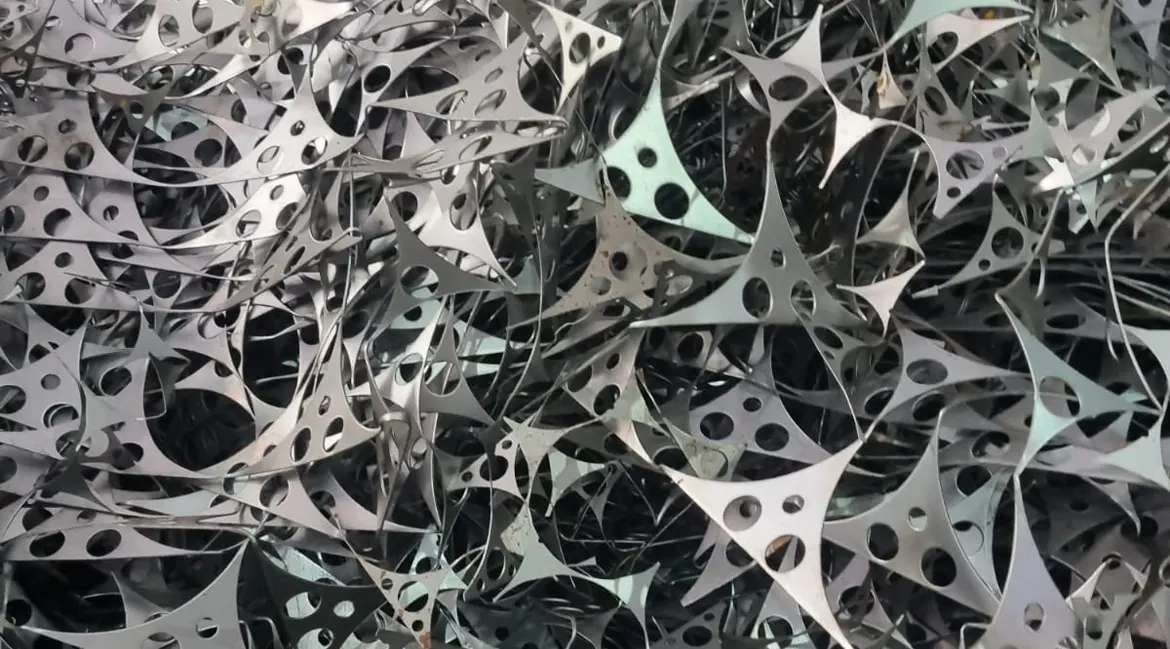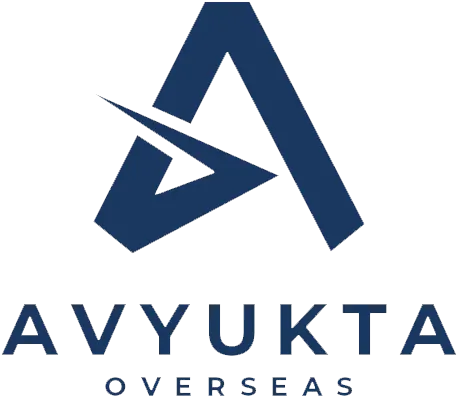
32 Years of Excellence in Industrial Iron Scrap Trading
As the Managing Director of Avyukta Overseas, I’ve had the privilege of witnessing our company’s growth and evolution over the past three decades. Our journey has been marked by a relentless commitment to quality, reliability, and customer satisfaction.
Here are some key highlights of our 32-year journey:
Revenue Generation: Our raw materials have contributed to the generation of over Rs 1000+ Crore in revenue for our channel partners.
Volume of Supply: We’ve supplied more than 1 crore tonnes of raw material to our customers, underscoring our capacity and reliability.
Industry Reach: We’ve served a diverse range of industries, including agricultural equipment, steel rods, strip sheets, wire rod, automotive parts, casting, and construction.
Now, let's address some of the most frequently asked questions about CRC scrap:
1. What is CRC scrap, and how does it differ from other types of steel scrap?
A personal anecdote: I recall a time when a customer approached us seeking a specific grade of CRC scrap for a critical automotive component. Our team worked tirelessly to source the exact material, ensuring that the customer’s project was not delayed. This experience reinforced our commitment to providing customized solutions and meeting the unique needs of our clients.
2. What are the typical applications of CRC scrap?
- Automotive components: Door panels, fenders, hoods, and other body parts
- Kitchen appliances: Refrigerators, stoves, and microwaves
- Electronics: Computer casings, printers, and other electronic devices
- Construction materials: Roofing sheets, siding, and decorative elements
3. How is CRC scrap recycled?
A statistical example: According to industry reports, the recycling rate for CRC scrap in India has been steadily increasing in recent years, reflecting a growing awareness of the environmental benefits of recycling.
4. What are the environmental benefits of recycling CRC scrap?
Resource conservation: Recycling reduces the need for mining and extraction of new iron ore, conserving natural resources.
Energy efficiency: Recycling requires significantly less energy compared to producing steel from raw materials.
Reduced greenhouse gas emissions: Recycling helps to reduce greenhouse gas emissions associated with steel production.
A case study: Our company has implemented various initiatives to promote sustainable practices in our operations, including investing in energy-efficient equipment and partnering with organizations that support recycling efforts.
5. How does Avyukta Overseas ensure the quality of its CRC scrap?
A testimonial: One of our long-standing customers recently commented on the consistent quality of our CRC scrap, stating that it has significantly improved their production efficiency and reduced defects.
6. What are the factors that influence the price of CRC scrap?
Supply: The availability of CRC scrap on the market can impact prices.
Quality: Higher-quality CRC scrap typically commands a premium price.
7. How can businesses benefit from partnering with Avyukta Overseas for their CRC scrap needs?
Access high-quality CRC scrap: We source our materials from reliable suppliers and ensure that they meet the highest quality standards.
Benefit from competitive pricing: We strive to offer competitive prices while maintaining quality.
Receive reliable and timely deliveries: Our efficient logistics network ensures that our customers receive their orders on time.
Establish long-term partnerships: We value our relationships with customers and are committed to providing excellent service.

